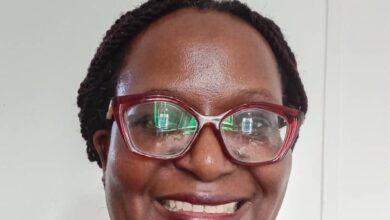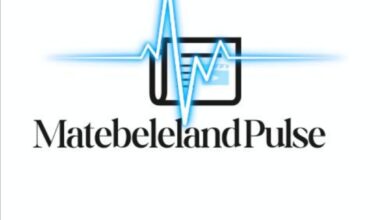ZAMI 2024: Empowering communities in Zim’s mining sector

Thembelihle Mhlanga
The 13th edition of the Zimbabwe Alternative Mining Indaba (ZAMI), running from October 28 to November 1 in Bulawayo, aims to spotlight the pressing need for community inclusion in the benefits of mining.
As stakeholders gather, the focus is on amplifying the voices of those most affected by mining activities, driving discussions around equitable resource distribution and legislative reform.
The event, co-hosted by the Zimbabwe Council of Churches (ZCC), the Zimbabwe Environment Law Association (ZELA), and the Zimbabwe Coalition on Debt and Development (ZIMCODD), seeks to address critical issues that local communities face within the mining sector.
Reverend Dr. Bishop Ignatius Makumbe, President of the ZCC, emphasized the socio-economic impacts of mining on local populations. “The mining sector has a great impact on the socio-economic status of community members,” he stated. He lamented that despite this influence, many communities remain non-beneficiaries of mining proceeds. “It is imperative that we, as an ecumenical sector and civil society, combine our efforts to be the voice of the silenced,” he urged, advocating for a united front to support marginalized groups.
A recurring theme at this year’s indaba is the need for legislative reform. Brian Muteta, Deputy Director of Base Minerals said, “We are working on legislation that will better accommodate the communities from which these minerals are extracted,” Muteta explained. The goal is to ensure that local populations can enjoy tangible benefits from their natural resources.
Muteta also highlighted the crucial role of civil society in empowering communities. “It is not only the government’s responsibility; civic society must augment these efforts,” he said, stressing the importance of collaboration to enhance local capacity in benefiting from mineral proceeds.
Ezekiel Mafara, an official from the Minerals Marketing Corporation of Zimbabwe (MMCZ), provided insights into the challenges faced by both the state and communities. “We are trying our best to see that both the state and communities benefit from the proceeds of precious stones,” Mafara stated. However, he expressed concerns over dishonest practices among some mineral exporters who understate mineral prices. “This criminal activity undermines the potential benefits that should reach our communities,” he added. Mafara announced upcoming measures to combat these malpractices, including the installation of weigh bridges to monitor transactions. “We aim to enhance transparency in mineral trading and ensure fair compensation for our communities,” he revealed.
The indaba also serves as a platform for community members and activists to voice their experiences and concerns. Many participants have expressed frustration over the lack of consultation in mining activities and the environmental degradation that often follows. “We are often left in the dark when decisions are made about our land and resources,” one community leader remarked. “It is essential that we are included in these discussions, as we are the ones most affected.”
A growing call to action urges stakeholders to collaborate in fostering a more equitable mining sector. “We must hold our leaders accountable and ensure our voices are heard,” Reverend Makumbe reiterated. “The future of our communities depends on our ability to advocate for justice and fairness in the mining industry.”
ZAMI 2024 is a vital platform for dialogue and action, emphasizing the urgent need for community inclusion in mining benefits. It reinforces the importance of collaboration among various sectors to achieve meaningful change, ensuring that the voices of the marginalized are not ignored in the pursuit of equity and justice in Zimbabwe’s mining sector.





